
Tag "history"

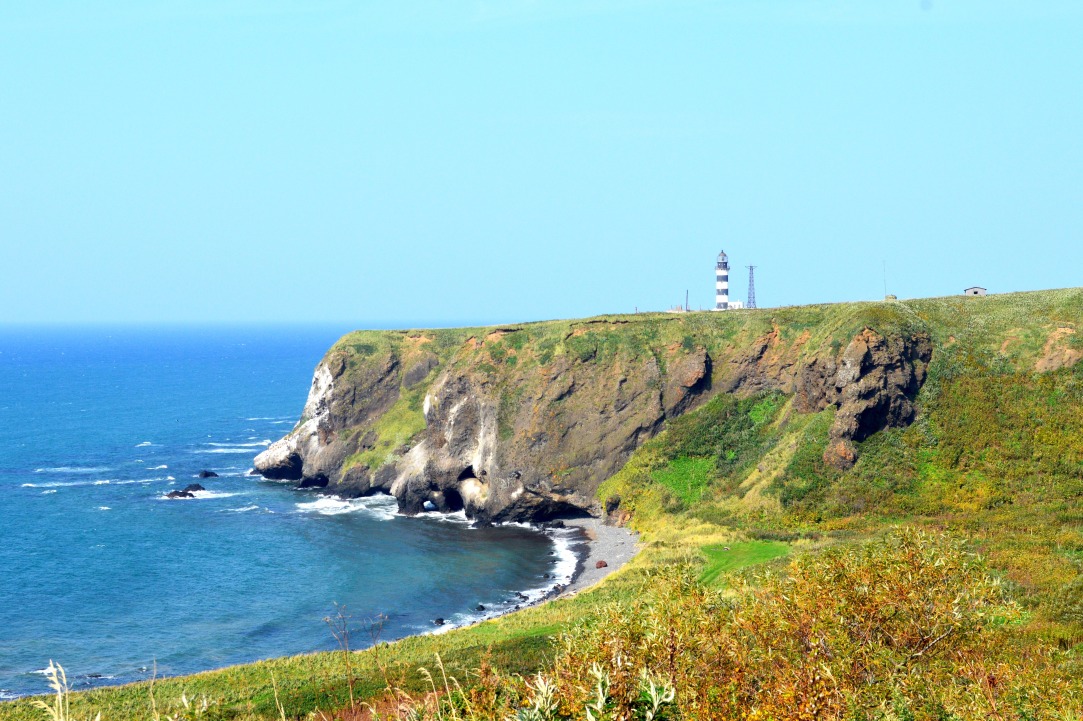
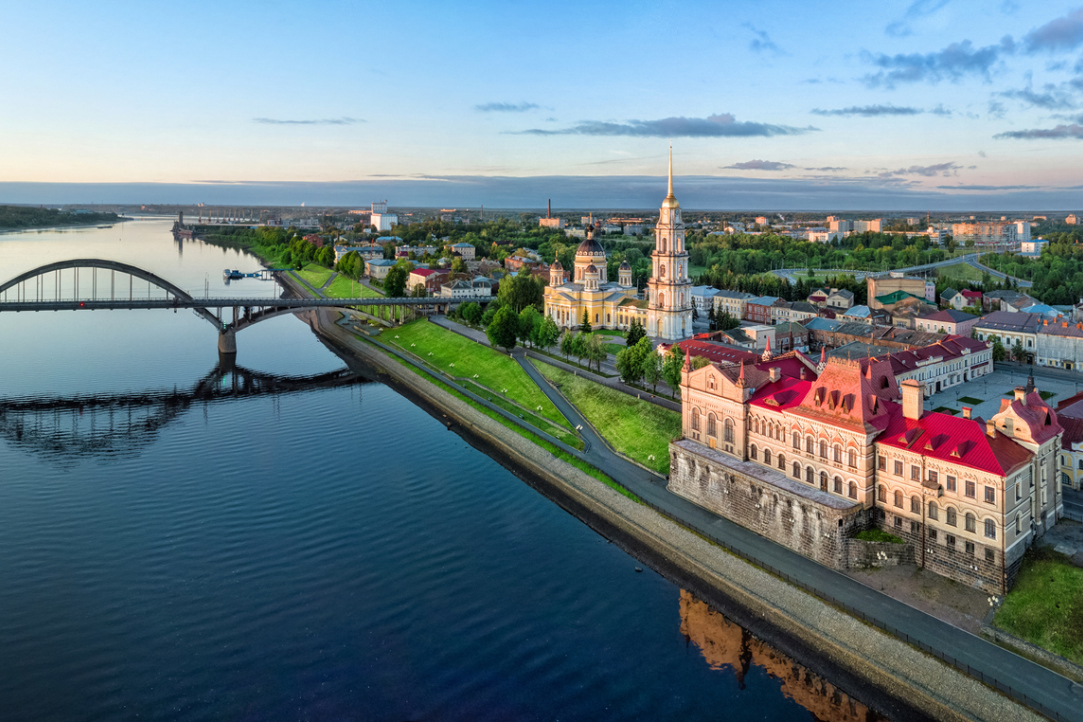
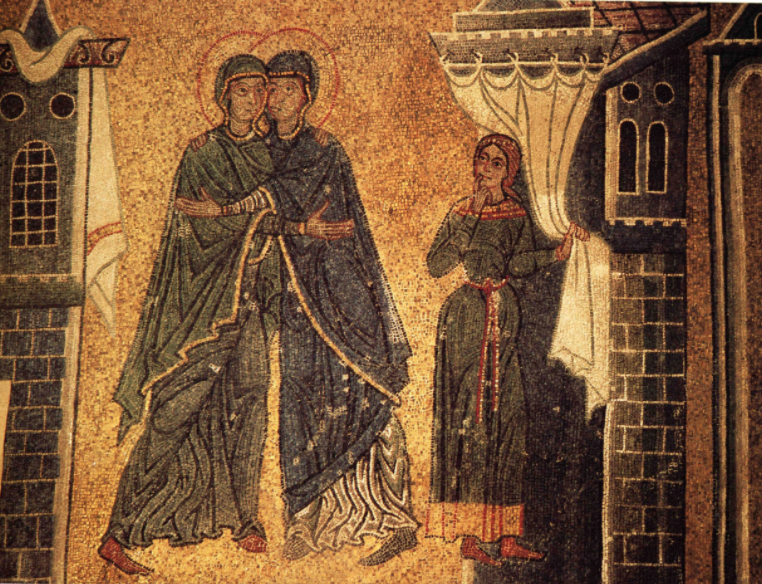
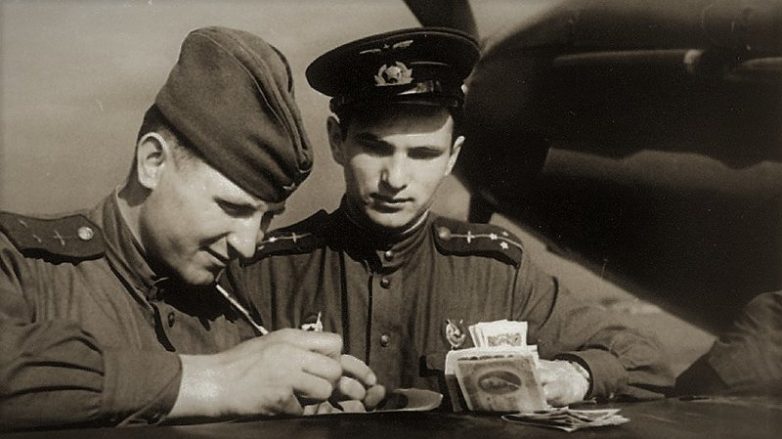
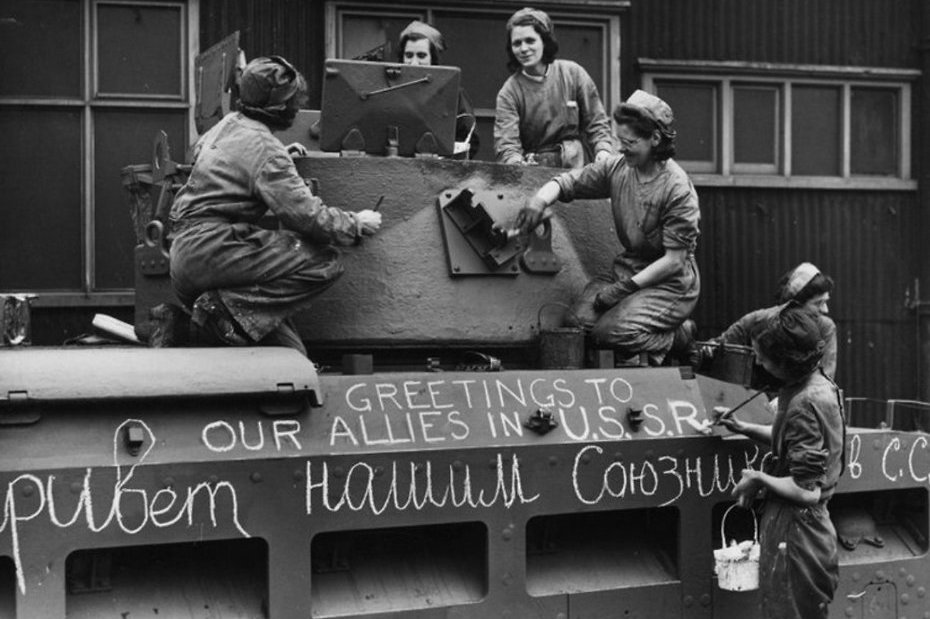
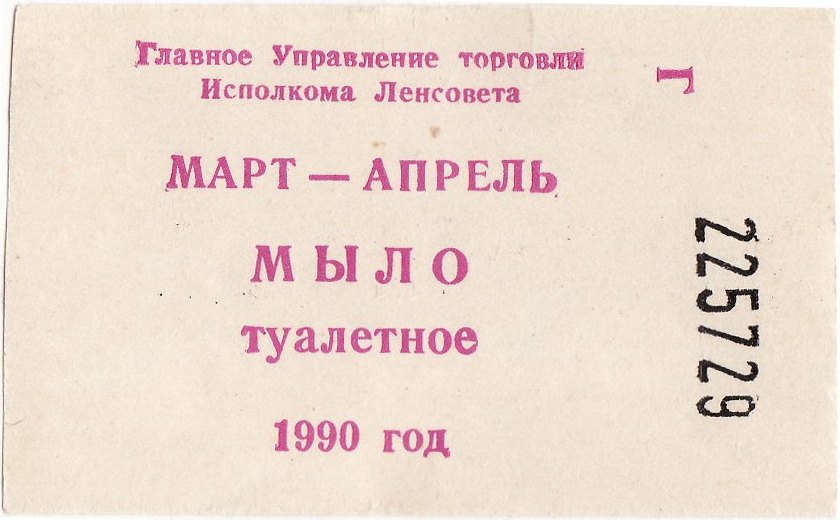
Alexandr Voronovici,a second year postdoctoral research fellow at the International Centre for the History and Sociology of World War II and Its Consequences, shared his experience of teaching transnational perspective on Soviet history to HSE students.
International Symposium "Cold War Matters: (In)Visible Economies of Things” organized by HSE Laboratory for Environmental and Technological History was held on December 16-17, 2019 in St. Petersburg. Simo Mikkonen, Academy of Finland Research Fellow and a member of the organizing committee, and Andreas Pacher, PhD Candidate at the Diplomatic Academy of Vienna and conference participant, talk about some aspects of the conference and their cooperation with HSE University.
In 1945, the Soviet Army seized the film archive of the Third Reich, the so-called Reichfilmarchive, and brought it from Berlin to Moscow. The archive contained thousands of movies from various countries. Since then, the German, American, and a few European trophies circulated throughout the Soviet Union despite a lack of an effective distribution license. This copyright violation turned out to be a stumbling block in the relations between the USSR and the USA, while the early Cold War confrontation between the two superpowers added a political twist to the conflict. Both countries were now using cinematography as a weapon in their fight, trying to do as much harm to the opponent as possible. Kristina Tanis, a researcher from HSE University, investigates the battles between the two film industries.
